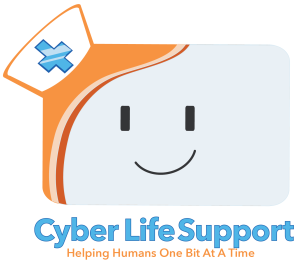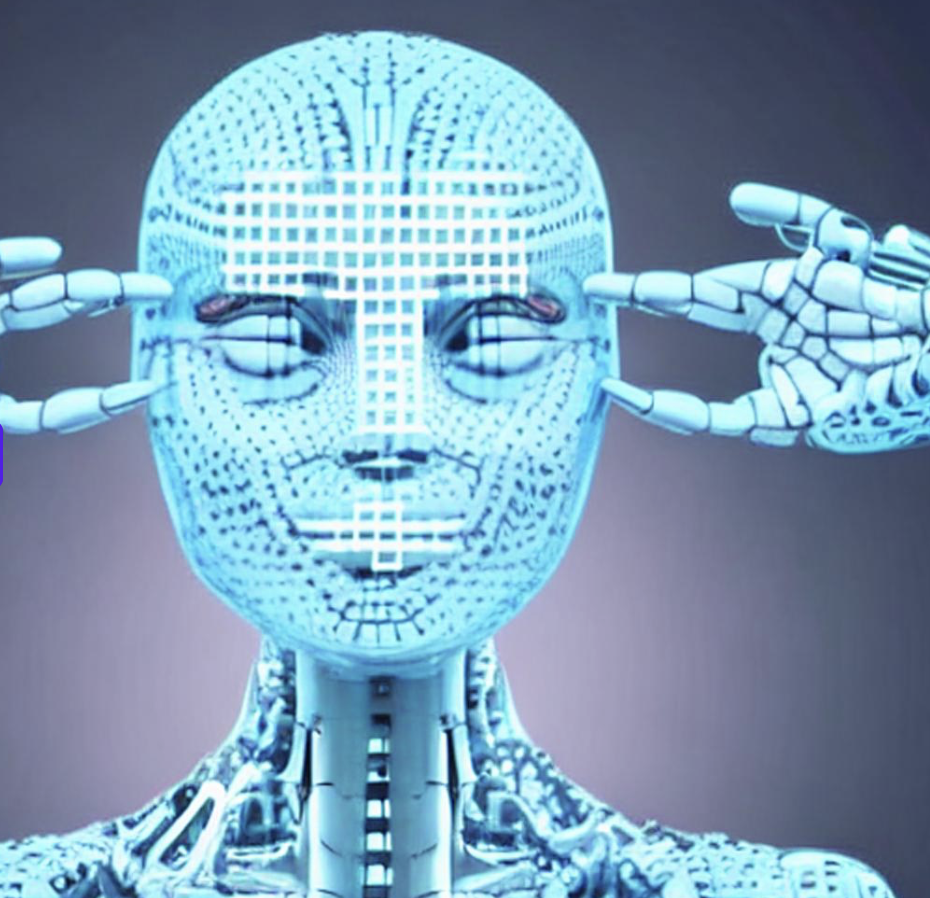
Machine Learning being a general term for self-changing algorithms/programs. Usually done semi-randomly against a specific criteria. For example a long math equation changing 3 symbols or numbers being checked against if it equals 4.
Procedural Generation by contrast is when a computer produces new information in accordance with a set of rules. A good, and oft used, example of this would be John Conway’s Game of Life.

In the past two articles we’ve given a decent grounding on the general existence and potential pitfalls of AI, today however we’re going to be looking into the positives of AI, and some sides of the way AI works we may have left out earlier.
It should be remembered that AI are not yet Intelligences in any meaningful way, and any use, for good or ill, should be specifically attributed to the ones utilizing the technology.
First let’s go into a bit of the origins of AI. Research into AI began in the mid 1950s, a concept which had, and still has I suppose, been slowly growing in public consciousness since the early 1870s. Though depending on how broadly you’re willing to define it, you could even say it’s been around since the late 1810s, or even earlier with the Greek tale of Galatea.
Regardless of when exactly this idea of an artificially created humanlike mind originates, a good chunk of research into it resulted in two intertwined disciplines rising to the forefront. Machine Learning and Procedural Generation.
This may not be strictly accurate to what the AI of today are doing, but those two are the backbone on which most modern AI are built. And each of them has incredible individual beneficial possibilities.
Currently, Machine Learning is being put to use in many fields and in a large variety of ways. Even outside of direct AI applications there are statistical modeling and medical functions for it. Procedural Generation is also rather useful, most visibly in the field of entertainment with roguelike videogames, though it has also allowed for quite a lot of useful data to be found in scientific fields. Comparing a Procedural Generation made with the rules you think you know to a real phenomenon can quite succinctly reveal if there are holes in that knowledge after all.
But none of that is about AI exactly, so where does the technology itself stand in terms of positives? The biggest ones are likely in the field of neurology it seems. Studying the mind is after all studying the mind, regardless of if that mind is originally artificial or natural, every development in AI technology creates valuable insight into our own thinking and learning processes. From both a physiological and psychological perspective.
Part of what makes the strides in neurology arising from AI so useful are the applications of machine learning in the development and use of prosthetics. Even with the limited nerve connection technology we have, the use of specialized machine learning programs has greatly improved the functionality of many prosthetics. And with the improved brain machine interfaces that are being enabled by these both generally and for specific individuals we continue to improve their processes and results.
AI is being used in many fields already in highly successful and non-controversial ways. Generative AI are being used for first drafts or placeholder assets. Comparative AI (which I’ve heard was first successfully developed for bread) is being used for things from checking code to examining cells for cancer. And all the parts making up AI have been used and will continue to be used in many different fields from entertainment to medicine to even store design.
The positives of AI are all rather subtle or specific, generally not well suited for such a broad overview as we’ve intended. What’s more, many of them aren’t using the full combined capabilities of the technologies that comprise AI. Saying these things are positives of AI feels imprecise, they’re mostly the benefits of research into AI instead of the technology itself.
Whether these benefits are more attributable to AI or other things is hard to be sure about. Many of the positives come in the same form as those from any other revolutionary technology, saving time, allowing one person to do several times as much work, increasing the clarity of communication between people. Some of the capabilities seen from AI are just things that would already be done, just faster, while others are going to prove a classic programmer’s trap of spending 200 hours to save 20 seconds a day.
This isn’t to say that AI is limited in positives to any one specific thing, just that the currently advancing field of cybernetics is brand new, changing regularly and one I find to be really neat.
Next up, a summation of these past articles with some commentary on the potential broader social impact.

